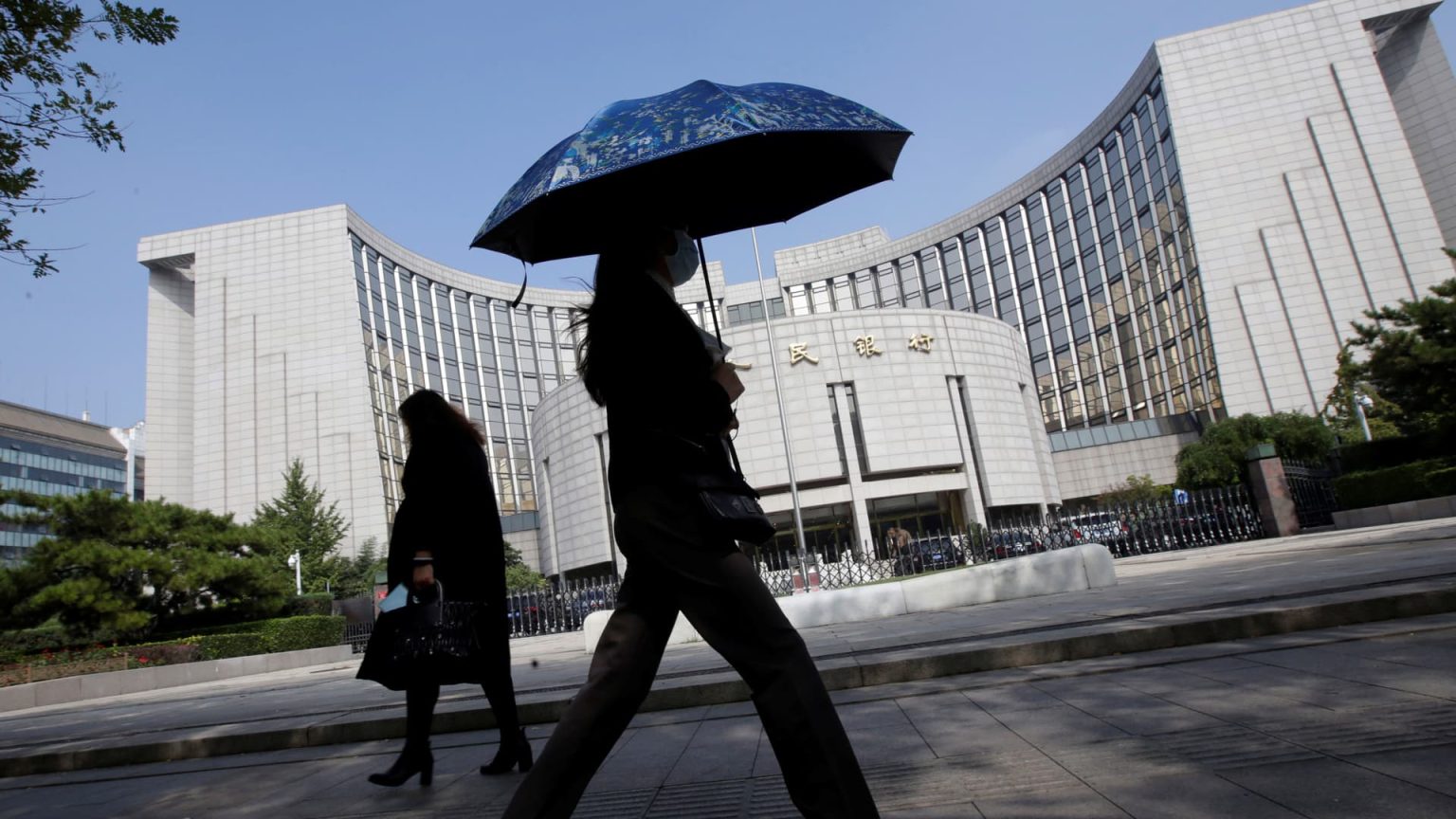China is facing concerns about financial stability stemming from a bond market rally due to slow economic growth and tight capital controls, which have concentrated domestic funds in China’s government bond market. Regulators in Jiangxi province reportedly instructed commercial banks not to settle their purchases of government bonds, causing the prices for the 10-year Chinese government bond to decline. This has raised worries about the impact on financial stability, especially for banks and insurers that hold government bonds.
The 10-year Chinese government bond yield has been fluctuating, moving higher recently after hitting a record low earlier in the year. While the yield remains lower than that of the U.S. 10-year Treasury bond, the gap reflects differing monetary policies between the Federal Reserve and the People’s Bank of China. PBoC Governor Pan Gongsheng highlighted the need to learn from the collapse of Silicon Valley Bank in 2023 and address risks in the financial market. The PBoC has increased intervention in the bond market to manage risks arising from the concentrated holding of government bonds by various financial institutions.
China’s insurance companies are particularly vulnerable to the bond market volatility as they have significant assets invested in bonds to guarantee fixed return rates for products. The rapid decline in bond yields could affect the capital adequacy of insurance companies, requiring trillions of yuan to cover potential losses. The lack of investment options in China has led insurers and institutional investors to focus on the bond market, making the PBoC’s interventions crucial in maintaining financial stability. Some analysts believe that the situation could get out of control, given the limited investment alternatives in the country.
Beijing has expressed concerns about the speed of bond buying that has driven yields lower, with the PBoC warning of the risks associated with this trend. The Chinese bond market has seen increased demand for bonds, outpacing supply earlier this year, as investors seek potential gains. Low yields also reflect expectations of slower growth, as evidenced by a decline in new yuan loans categorized under “total social financing” in July. The recent volatility in China’s domestic bond market highlights the need for reforms to ensure more efficient credit allocation and economic growth with less debt over the long term.
Analysts believe that the Chinese government’s interventions in the bond market are aimed at guiding banks and non-bank financial institutions to extend credit to the real economy rather than investing in bonds. The PBoC’s efforts to maintain a steep yield curve and manage risks from concentrated bond holdings have raised concerns about financial stability and the impact on insurance companies. The state-led economic model in China has led many investors to expect government intervention to prevent losses, but recent developments have highlighted uncertainties in the bond market and the need for reforms to address market forces and credit allocation.


